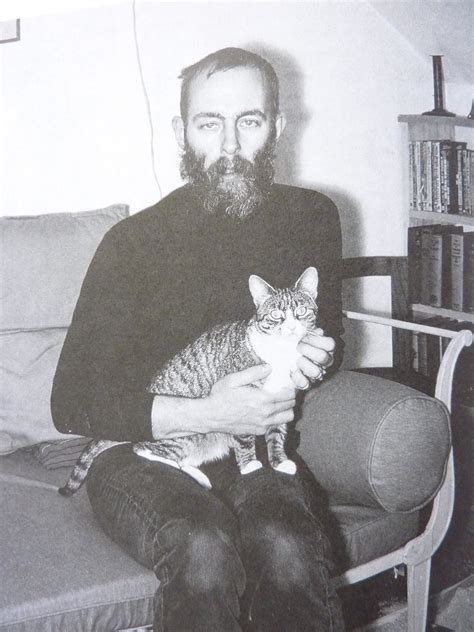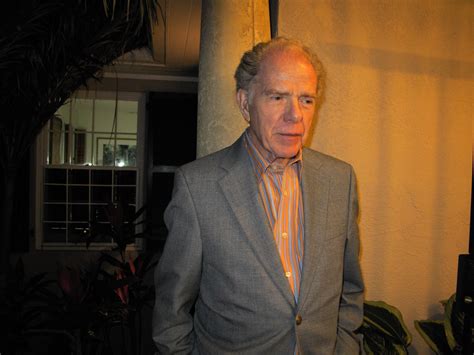A Quote by John D'Agata
In its fifty-first year of publication, 'The Paris Review' continues to search for new ways to bring together writers and readers.
Related Quotes
I started work on my first French history book in 1969; on 'Socialism in Provence' in 1974; and on the essays in Marxism and the French Left in 1978. Conversely, my first non-academic publication, a review in the 'TLS', did not come until the late 1980s, and it was not until 1993 that I published my first piece in the 'New York Review.'
[M]y first published book had just appeared in stores. The last year of my life-the year of finishing it, editing it, and seeing it through its various page-proof passes-ranks among the most unnerving of my young life. It has not felt good, or freeing. It has felt nerve-shreddingly disquieting. Publication simply allows one that much more to worry about. This cannot be said to aspiring writers often or sternly enough. Whatever they carry within themselves they believe publication cures will not, I can all but guarantee, be cured. You just wind up with new diseases.
I am of the generation of writers who can get instant feedback from readers within hours of publication. The fan forum is extraordinary - readers from all over the world coming together to discuss, argue and debate scenes and characters from a novel. They add a layer to the story that I cannot write and yes, I will participate in that conversation and answer questions. After all, they are the people I'm writing for and their enthusiasm and questions really pushes me to raise the bar.
Books are just dead words on paper and it is the readers who bring the stories alive. Previously, writers wrote a book and sent it out into the world. A couple of months after publication letters from readers might arrive. And, leaving aside the professional reviews, it is really the reader's opinions that the writer needs. They vote for a book - and a writer - with their hard earned cash every time they go into a bookstore (or online - that's my age showing!) and buy a book.
I have a total responsibility to the reader. The reader has to trust me and never feel betrayed. There's a double standard between writers and readers. Readers can be unfaithful to writers anytime they like, but writers must never ever be unfaithful to the readers. And it's appropriate, because the writer is getting paid and the reader isn't.


































